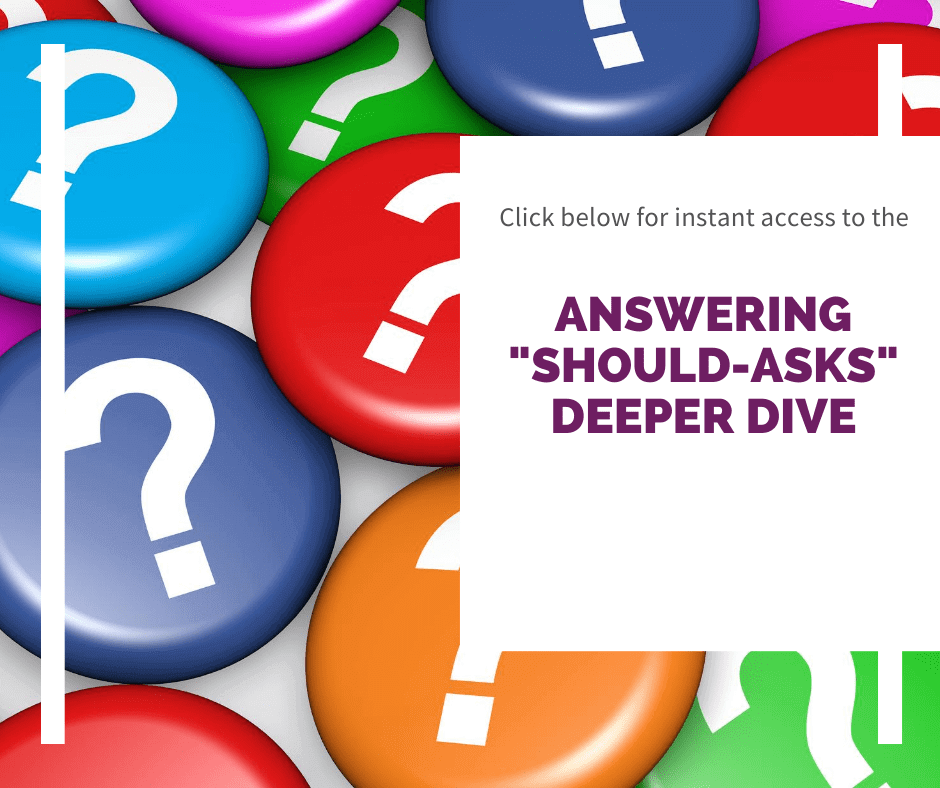When powerful words hit home
Do you like to share and reshare meaningful words and images for the enjoyment of your online friends and connections and your personal edification?
Me, too.
Sometimes the quotes and images I come across speak to me so loudly that I print them, and place them in frames around my office.
Like so:

And so:

For frames, I use acrylic sign holders (like these over at Amazon), which makes it super easy for me to swap messages when I discover new words that inspire me.
And that brings me to the point of this piece.
What exactly is the role of the content writer?
While scrolling through my Facebook memories, I ran across one of those powerful quotes, one I've shared on that platform (and likely others) multiple times.
It's by author Anais Nin; here's a quote graphic I created to showcase her words.

When I've run across that quote in the past, I thought only in terms of fiction, in terms of an author expressing hard, ugly truths in a novel to let others know they're not alone.
Yesterday was different. Yesterday, when I ran across that Nin quote in my Facebook feed once again, I thought of marketing writing. I thought of our audiences -- the people we speak to in our marketing content.
And I wondered: What if we applied Nin's words to content marketing?
What if we said that the role of the content marketer is not to say what everyone else says -- what competitors say and what prospects say -- but to say what they are unable to say, what prospects may not be able to articulate and what competitors do not touch?
Content created with that thought in mind would surely stand out, just as most memorable novels stand out -- the novels that connect with us deeply and make us feel we're not alone.
How can you do this when writing your marketing content? How can you say what your prospects and competitors cannot or do not say?
One way is to address the "should asks" in your content.
Address the "should asks" in your content
Without fail, for every business I've worked wtih, I've been able to assemble a set of questions that prospects SHOULD ask, but usually don't. Many times those questions, if asked, become deal breakers. If not asked, they may set false expectations, leading to disappointment and poor customer experiences.
Here are a few examples of "should ask" questions.
- For a SaaS company: How much (or how little) can I configure the product? Am I required to enter into a contract? Under what circumstances might prices change?
- For a product provider: Where are volume price breaks? What will final costs be? Are payment terms negotiable?
- For a consultant: What is your communicaton style? What happens if I end the contract early? What needs to happen to bring about a successful conclusion?
- For a homecare provider: What happens if our assigned provider can't make it? What do you pay your caregivers? Do prices vary based on the services we need?
- For a content strategist and marketing writer: How much work, if any, must I do myself to ensure a successful outcome? How can I know in advance whether I'll like the pieces you create for me? What happens if I cancel the project midway?
These types of questions may not arise before a prospect becomes a customer, which is why it makes sense to address them up front in your content.
How? First, brainstorm all of the questions your customers should ask, but don't. Think back to times when customers turned sour -- what miscommunication, error, or faulty expectation caused the problem? Get the input of people in customer-facing roles, too: customer support, sales, technical services. The more input, the better the output.
To help you along, I created a DEEPER DIVE download on this very topic, called "Answering should-asks: a key way to build trust with prospects." It's a set of four questions designed to help you figure out which queries, objections, and concerns you should answer in advance in your content.
After you've gathered the information from your team and answered your "Should Asks," use them to create an article or ebook, or a slide deck, or report called something like, "10 things I wish I knew before I hired a consultant," or "bought a widget," or "signed up for that service."
Promote the piece on social media. Send it to your press connections. Post it on your website (in plain view, not hidden in your blog).
When you anticipate and answer the "should asks" in advance, you will provide better experiences, increase reader trust, and move prospects closer to YES.

